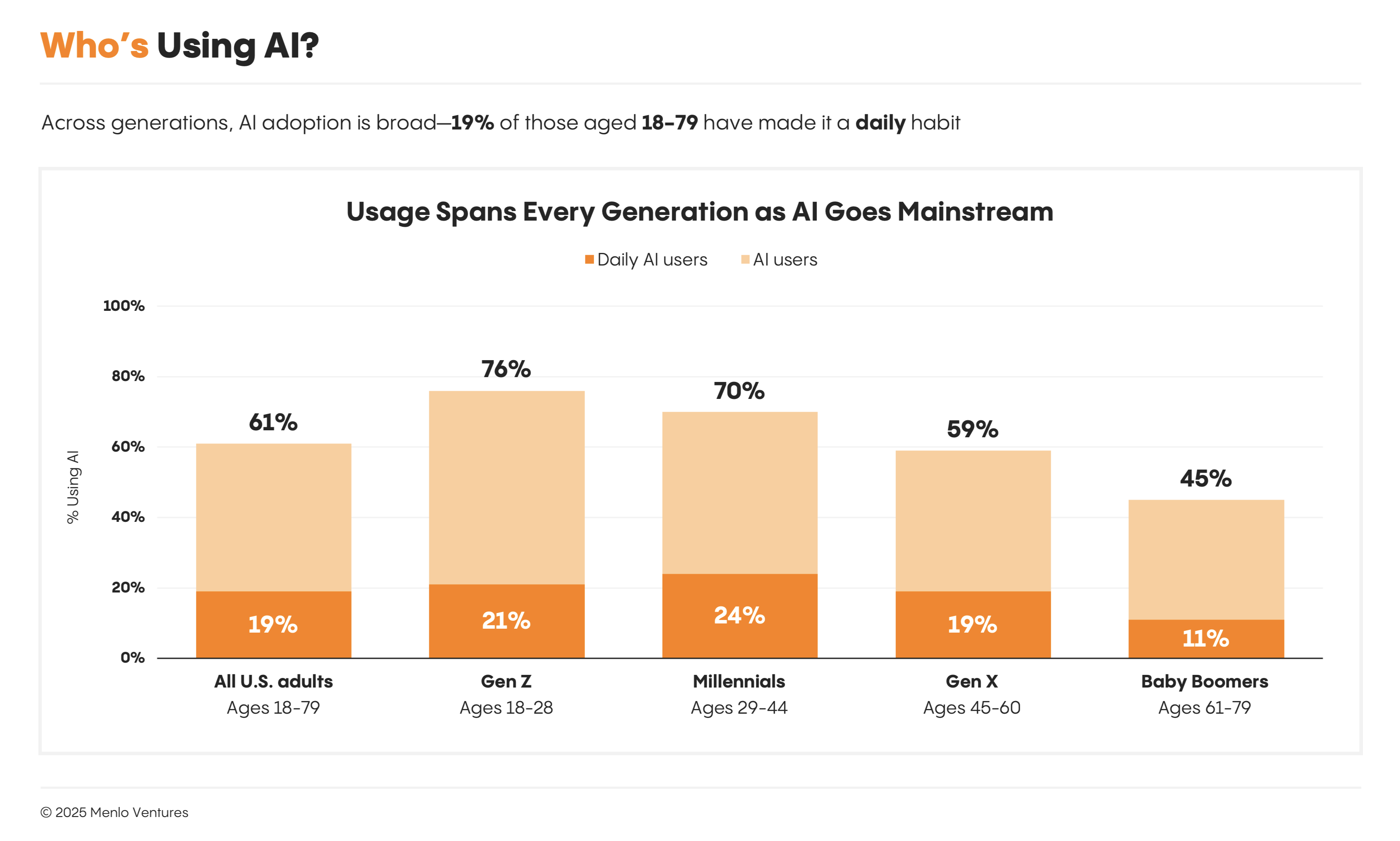One way to interpret this is “ha, people consider AI worthless!”
However another way to interpret this is the same way users view everything on the web, from social media to journalism and media streaming: this should be free and they should use my data and advertise to me instead, consequences/enshittification be damned.
I think also the fact that AI subscriptions are generally quite expensive, when compared with other online subscriptions.
Copilot Pro: £19.00/month
ChatGPT Plus: £18.99/month
Gemini: £18.99/month
Claude Pro: £15.00/monthCompared to (just off the top of my head):
Microsoft 365 Personal: £8.49/month
Google Play Pass: £4.99/month
Adobe Photography Plan (Photoshop, Lightroom, and 20GB cloud storage): £9.98/month
Apple Arcade: £6.99/month
PlayStation Plus Premium (top tier): £13.49/month
Amazon Prime: £8.99/monthAnd it has a free offering, so there’s not even a pressing reason to upgrade for most people. 🤔
Cuz it sucks and it’s worth all of the zero dollars it costs. 😆👍
That’s a weird editorializing of the headline, for an article that describes wide spread use, and a market of rapidly growing value.
For instance a sentence like these:
This is no longer experimentation; it’s habit formation at an unprecedented scale.
This rapid adoption drives real dollars: In the two and a half years since OpenAI’s ChatGPT introduced the public to generative AI, consumer AI has become a multibillion-dollar market.
One of the most surprising findings? Parents are among the most engaged AI users, turning to AI for everyday help.
Even ChatGPT, with its first-mover advantage, only converts about 5% of its weekly active users into paying subscribers
Considering there’s a pretty strong free option, 5% is not bad.
How many pay for using Youtube? IDK but my guess is that it is way less than 5%.
How many pay for using search? My bet is that we are in the thousandth on that. Yet search is profitable!Youtube and search have ads as the main revenue source, not subscriptions. It’s not a fair comparison.
Paying gives advantages on youtube, just the same as ChatGPT.
I asked Claude for the data (hehe):
“YouTube is primarily an advertising-driven business model (73% ads vs 27% subscriptions), while ChatGPT operates as a subscription-first business (84% subscriptions vs 15% API/other revenue).”
See the difference?
Of course I do, but ChatGPT still has a free option. And the basis to compare paid subscriptions when there is also a free option stand IMO.
Without a good free option, how would it be only 5% who pay? It’s exactly the same as with Youtube in that regard.The free option is a form of advertising and allowing people to get to know the service. With Youtube the free option isn’t really free, you pay by allowing advertising.
So by that comparison Youtube is actually the worse free option of the two. And despite that more people pay for ChatGPT.
So your argument that they are not the same, actually makes ChatGPT numbers even more impressive not less.Sorry but you’re completely missing the point. You can’t compare 5% conversion rate of a subscription-first model and ad-first model. Youtube is optimizing their business around ads, they are definitely not doing everything they can to increase their conversion rate. ChatGPT on the other hand is aiming for as high conversion rate as possible. I don’t know if 5% conversion rate is high or low for ChatGPT but comparing it with YT simply doesn’t make sense.
they are definitely not doing everything they can to increase their conversion rate.
Oh you mean like prompting users to buy extra services all the time?
Yes they are actually doing exactly that.No, I don’t mean prompting users. Typical ways to increase conversion rate are locking popular features behind the subscription (like you need premium account to comment), making some content available only to premium users or limiting the amount of content you can access as a free user (like only 2h per day). So far I’m still watching videos on youtube without even creating an account and without ads (ad-block).




